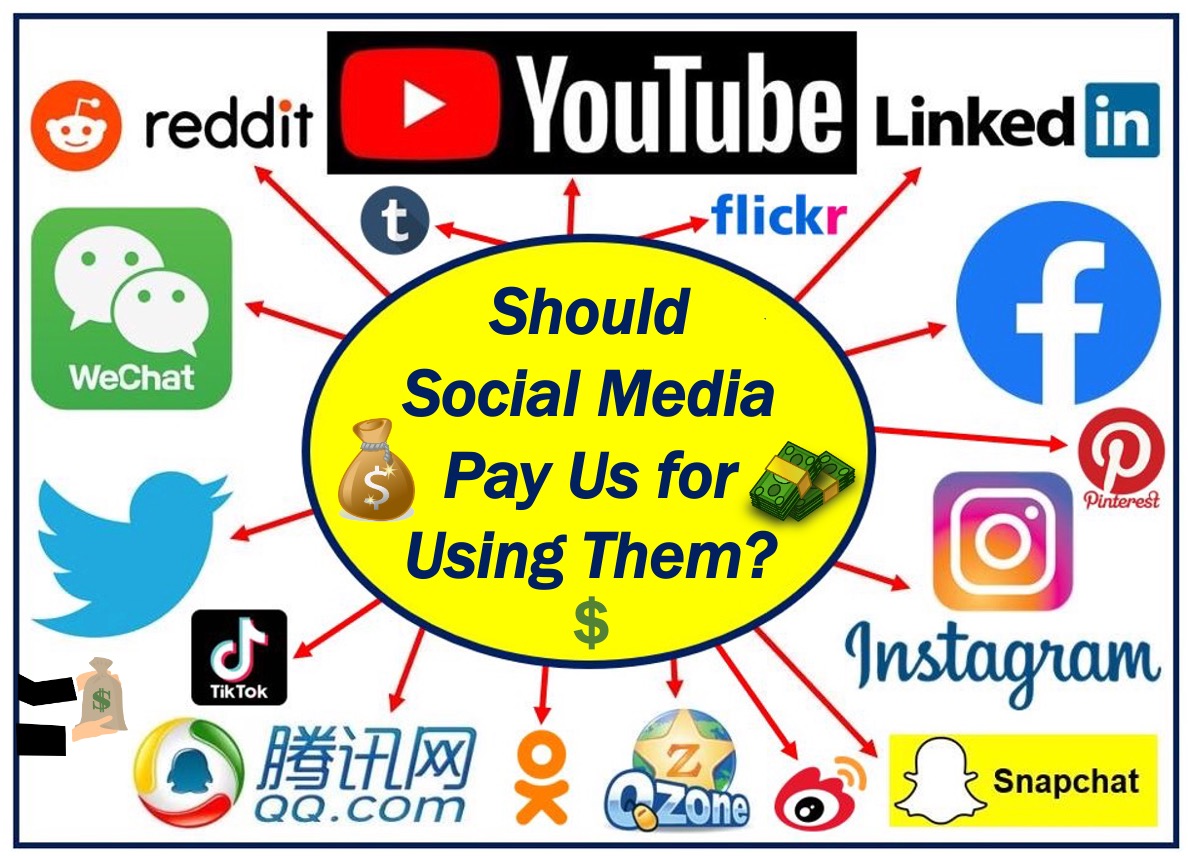Eyes open, cell phone on – for around a third of people worldwide, the day begins with a glance at the smartphone display. Over the course of the day, each person spends an average of 85 minutes on social media.
Although Instagram, TikTok and the like can be used free of charge, they are still a billion-dollar business. Internet companies earn money primarily through online advertising, a market that is now worth 500 billion US dollars.

The fact that more money can be made from online ads than what professional traders make with a crypto trading bot, is primarily due to the traces we leave behind when we surf the social networks.
Every call, swipe, and like generates data, which in turn can be used as the basis for personalized advertising campaigns. Data for service has always been the name of the game in the social media business – but is it still a good deal for users?
Paid Version as an Alternative
Because we are entrusting more and more about ourselves to Internet services, the benefit – that is, the free use of a service – has long been out of proportion to the price we pay for it, many say.
A handful of initiatives are therefore calling for Google, Meta, Amazon, and the like to pay us for the data we have willingly given to the corporations. This debate was probably initiated by the computer scientist and virtual reality pioneer Jaron Lanier.
From a seemingly casual start-up culture, IT corporations have developed into a “manipulation economy” – for Lanier, a “tragic global mistake.
To reverse this trend, he suggests, on the one hand, that we should pay to use social media. “Often things get better when you pay for them,” Lanier said at a Ted Talk – drawing on streaming service providers like Netflix as an example that have catapulted the previously rather ridiculed TV series to new heights as a cultural form.
Privacy for Money
In turn, users should receive money for the data they generate – after all, this would often be used to train AI algorithms, which would make human labor superfluous.
Andrew Yang, an unpromising candidate in the 2020 U.S. presidential election, is taking a similar approach, calling for an unconditional basic income. With his Data Dividend Project, however, he wants to provide US Americans with another income stream: This wants to legally oblige social media groups to give users a share of the revenue they make from their users. For the revolutionary day when the first transfer is made, interested parties should already leave their PayPal address.
The Data Dividend Project is mainly courting users in California, which for some years now has had a strict data protection law modeled on the European General Data Protection Regulation (GDPR), which is regarded as a milestone in data protection.
You Don’t Get Rich
Those who demand that companies pay for private data are ignoring the power relations in society. Those who are offered money to give up their fundamental right to privacy may not be making a truly free decision.
Even if IT corporations make billions from the use of the data, it is only in the masses that it is valuable. In any case, it would not be possible to survive on the sale of one’s own data.
Nor would a data dividend change the basic problem that a few companies dominate the Internet.
Interesting related article:

